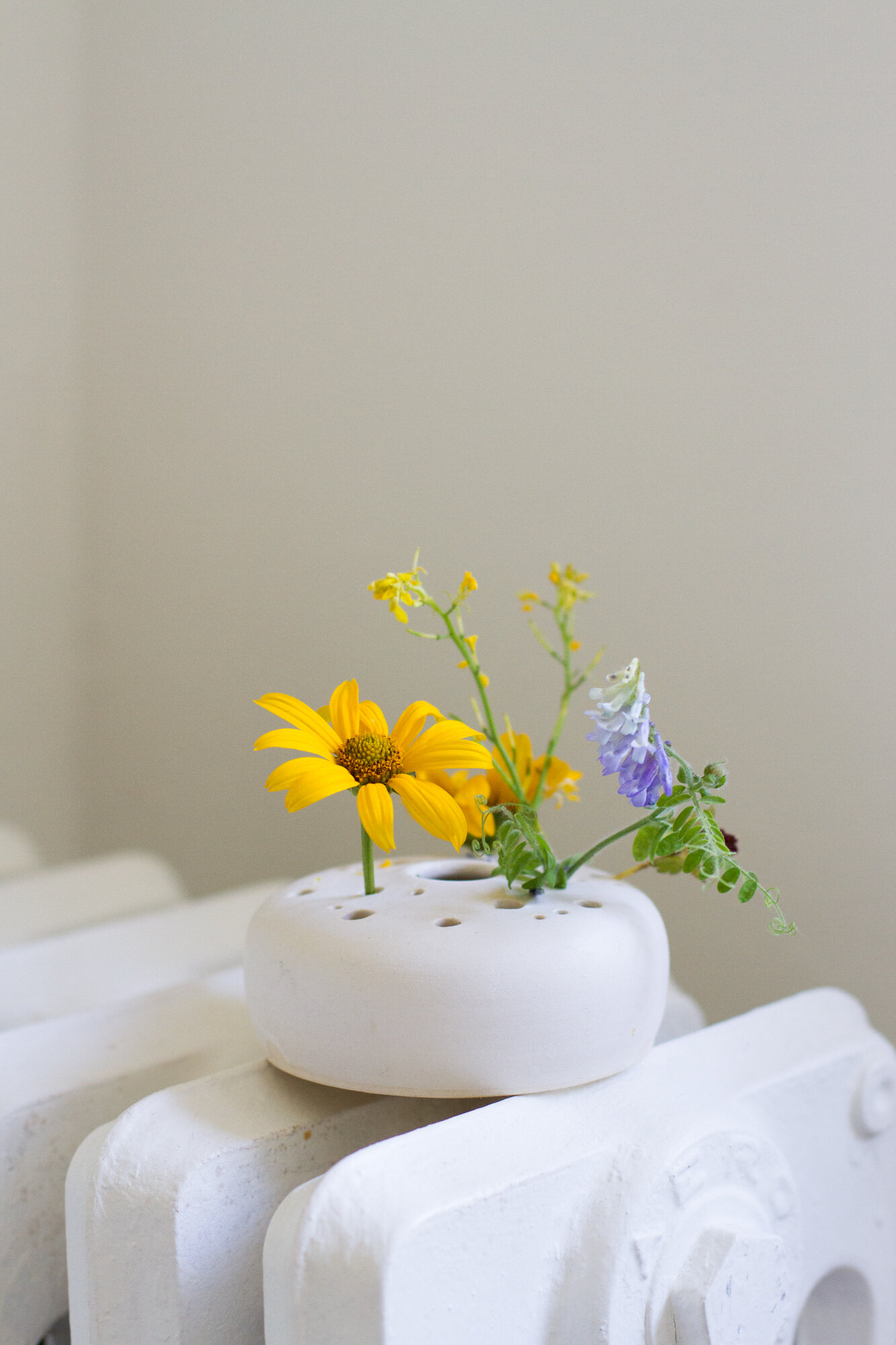
I’ve been thinking relentlessly, maybe obsessively, about the concept of protection; questioning who gets protected, what gets protected, and especially who folks rely on to do the protecting for them? Police? Policy? What’s protection and what’s predation?
Last week, PIC abolitionist Mariame Kaba argued in an NYT op-ed on defunding the police that the police are tasked primarily with protecting the status quo. She wrote:
“People like me who want to abolish prisons and police, however, have a vision of a different society, built on cooperation instead of individualism, on mutual aid instead of self-preservation. What would the country look like if it had billions of extra dollars to spend on housing, food and education for all? “
Imagine. I’m in awe of the decentralized and grassroots protective measures and systems of care that have always existed in Black communities and those that have sprung to life in response to the past three weeks of protest alone. It’s not possible for everyone to be out in the streets right now, but below are just three of the countless grassroots efforts run by Black folks and set up specifically to help protect the people on the frontlines of the fight for justice. (And here are four more mutual aid funds in case you missed them.) If you have the means to contribute, please do. If you’d like to share a note about what you’re doing to care for the folks around you, please do that, too!
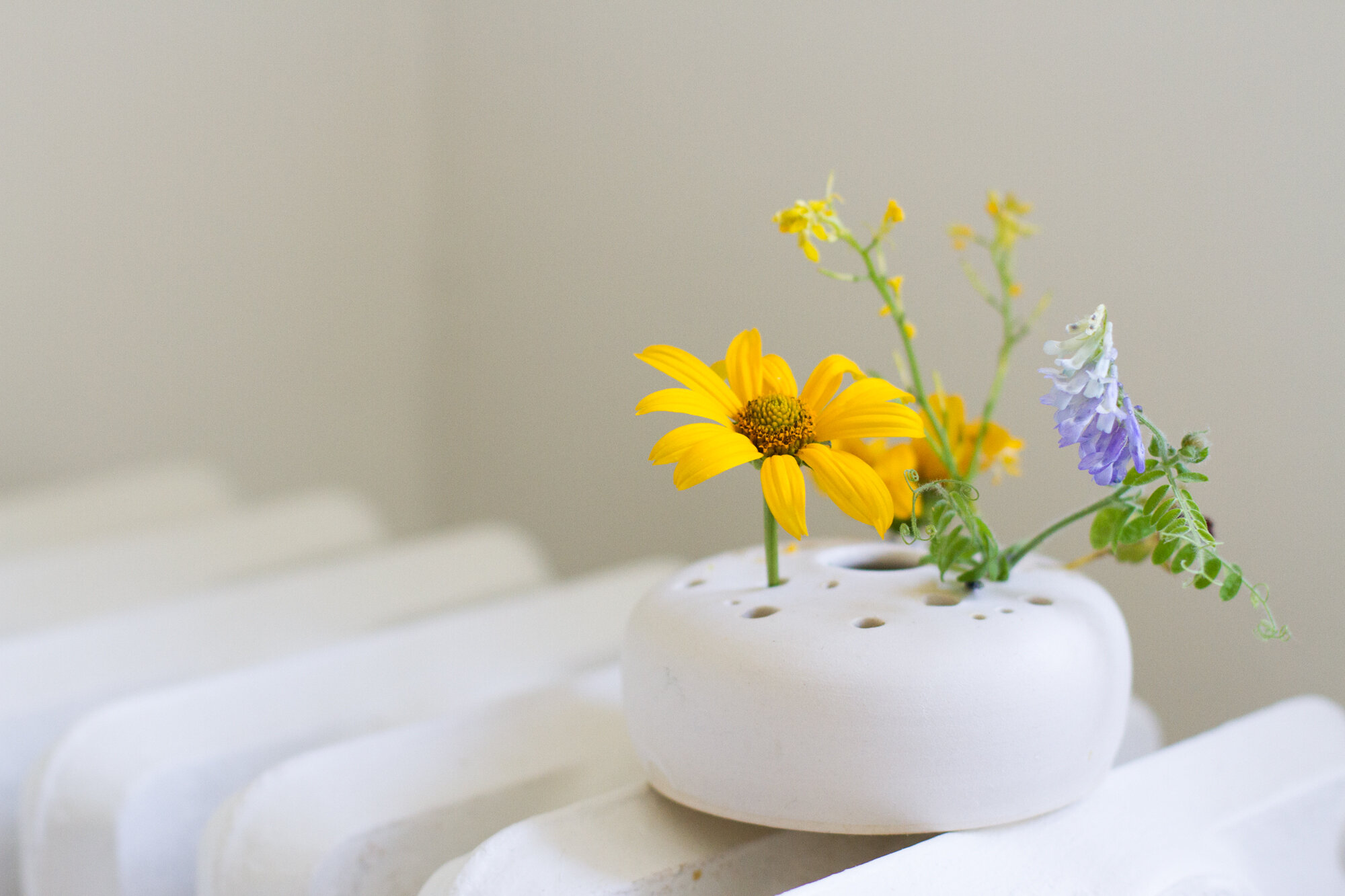
NourishNYC
Nourish NYC is on a mission to keep NYC protestors safe, fed, and free. Founded by 22 year-old Tania Maree Giordani, known as tmg, Nourish NYC has been supplying New York City protestors with supply kits that include necessities like water, snacks, first aid supplies and PPE, in addition to extending cash grants to folks who need to pay for transportation home, cash bail, et cetera.
Donate Directly:
NourishNYC
Venmo: nourishnyc
Cashapp: $nourishnyc
//
Five Sixty Six
Feeding the Frontlines is a grassroots food justice initiative committed to feeding the folks at the forefront of the fight for racial justice in Brooklyn. This group of friends and organizers is committed to making and distributing high vibrational foods, grounded in Black culture and foodways; black-eyed pea hummus sandwiches, included.
Donate Directly:
CashApp: $Blakei17
Venmo: Isaiahblake1
//
Justice for Black Girls
This week, Justice for Black Girls launched the Oluwatoyin Salau Freedom Fighters Fund to honor the life of 19-year-old activist Toyin Salau who went missing and was found dead earlier this week. In less than twenty-four hours, the fund raised $50k that it will begin distributing as individual $750 grants. Young Black activists, aged 25 and younger, are invited to apply for funds to support overnight housing, food, and other protective measures. Note: Due to an overwhelming response, fundraising is currently paused as the group reorganizes and makes plans for a sustainable future fund. The application will close today, June 17, at 5 pm and reopen in July. The first round of grants will be made on Saturday, June 19 in celebration of Juneteenth.
Donate Directly:
Stay tuned for more information when fundraising resumes; in the meantime spread the word to young black activists in need of support.
//
Other things:

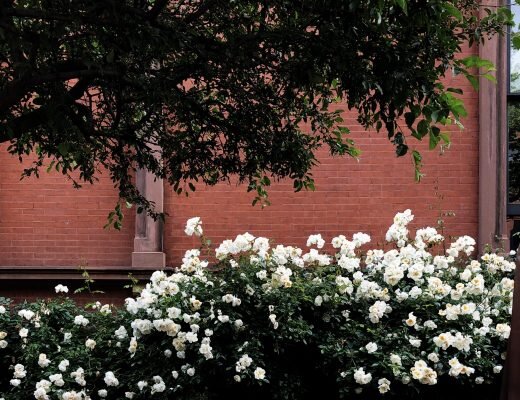
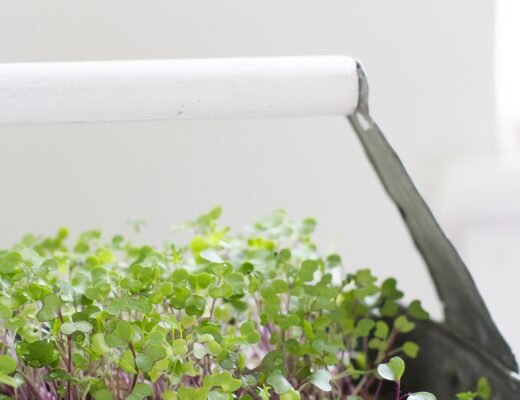
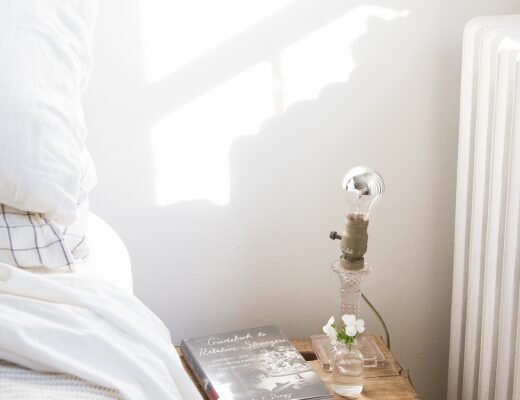
15 Comments
Forgiveness is protective, I believe. The process of recollection of hurt, of trying to understand, and to then empathise with those that harm us. People honouring themselves and their own lives.
I’m sure that’s true on some level, but I’m mindful that focusing on forgiveness and empathy with those who have done harm effectively benefits the oppressor more than the oppressed. We need more than forgiveness to redress and dismantle systemic racism.
Hi Erin, I really believe that forgiveness is misunderstood. It involves acknowledging hurt. Then it involves trying to understand what happened. Then it involves empathy, this results from understanding. And then forgiveness arises naturally and there is healing and real change to everyone’s benefit. It does not deny hurt or demand reconciliation, by facing hurt squarely it protects, heals and empowers. I can’t think of a better, human way.
I’m talking. As a white woman I am having the hard conversations that I am ashamed I let slip by before. I am not stepping down from them, I am engaging other white people in my life. And I am making weekly donations of water and food to protest efforts.
erin, i love how this post centres on the idea of protection. what a beautiful shift in this difficult dialogue.
i’m being more vocal (political) in my postings and conversations. i know now in my bones that i have to be more than a good and loving person. i have to be actively anti-racist and call out racism when i see or hear it. i’m Canadian and i’m committing myself to finally (what took me so long???????) standing in solidarity with our indigenous peoples, especially the women and children, by financial supporting the agencies that in turn support them. i’m learning that if i want to be a useful part of the change that is afoot it will be uncomfortable and that that is a necessary step to becoming a true ally to our most vulnerable citizens. and i won’t tolerate another white saviour narrative, at least for a long while, no matter how warm and fuzzy it makes me feel. we’ve heard enough of them!
i appreciate your post so very much, even though my three little ones are now big ones. all the best.
*i appreciate your posts (all of them!)
Hello. Forgiveness is a personal choice. And forgiveness is different for different folks. As far as protecting, are you implying, as does Kaba does, that the police and prison system be done away with completely?
How exactly does that protect society. Crime is rampant. Are you seriously suggesting that people who commit crimes, especially serious crimes, not face the law and the courts for their actions.
Are you saying that somehow society would be better protected if there were not police and no prisons.
Given the horrible crimes committed against our most vulnerable citizens of the world, children, how on earth would allowing criminals to avoid prosecution for their crimes, and in the case of serious crimes which pose a danger to society, allow these criminals to avoid prison.
Is Ms. Kaba, and others like her not interested in the welfare and protection of children? That’s quite a cavalier attitude to the well being and safety of children. My children are everything to me, and I would never agree to such a dangerous and quite frankly ridiculous way to run society.
I’m quite at a loss to understand who would see this as protective. Who is Ms. Kaba and her followers intending to be protected by this?
Yes police and prisons need reform. But no police, no prison? That’s insane to me. My children, all children are too precious to me to ever think that would work.
It might sound preposterous, but we can’t let a lack of imagination stop us from demanding a different kind of world. The US currently has a prison population of 2.3 million people–the vast majority of whom are incarcerated without trial for non-violent crimes. They’re folks who are still in prison because they can’t afford to bail themselves out. Imagine how different our society would look if the funds spent to keep people in cages and surveilled by police were spent on restorative justice, rehabilitation, education, childcare, healthcare and other services sorely lacking! Mariame Kaba is deeply committed to the welfare of children. Her children’s book Missing Daddy is a poignant look at the trauma and suffering experienced by children with incarcerated parents.
Hi Maria – It sounds like the concept of police abolition is new to you. It was new to me too (although as a public health professional I’m really familiar with crime as an outcome of other systemic injustices, with the racial inequity rampant in our criminal justice system and with the ineffectiveness of our law enforcement model at actually preventing crime) and I hadn’t ever heard of Mariame Kaba. This podcast had a wonderful interview with her that will answer the questions you raise. She also wrote a NY Times Op-ed in the last week, I’m sure google would turn that up. https://www.callyourgirlfriend.com/episodes/2020/06/05/police-abolition-mariame-kaba
It helped me see how closely police abolition is linked to the public health work I do, which works to address the social determinants of health. The welfare and protection of children is achieved through things like affordable housing, food, and healthcare, high quality childcare, parents who aren’t stretched by low wage work with demanding hours, accessible community mental health services – law enforcement has nothing to do with any of these.
Yes! The above is an excerpt from the NYT piece, linked in the post!
I also want to recommend the documentary 13th on Netflix, which Erin has also linked to (although maybe in a different post). It is really eye-opening on how few of America’s prisoners are actually dangerous criminals. One statistic I found shocking was that the US has 1/4 of the world’s prisoners – yet I know it is not true that we have 1/4 of the world’s crime. I have faith that we can find a better system that is more just for all.
Hi Maria!
I am a teacher and have worked in two different prisons and studied the history of incarceration in the U.S. and would love to give you some background on these ideas and why they would actually lend to a safer and more just and equitable society for your children and others. If interested in doing the work to understanding why our current system of punishment, law enforcement and incarceration is not only unjust but causing more fear and racism, let me know!
Hi, I would like to add that I suspect that forgiveness isn’t really a personal choice, not if you consider the grave consequences of unforgiveness, which involve fear, hate, ignorance and profound emotional suffering and ill health. Nor do I suspect that the process is different for each individual when there are actual stages that need to be reached for it to be effective. Without forgiveness, there is no love, wrote Martin Luther King Jr. I believe that forgiveness is the first right thing to do and that it can lead us to figure out what to do next because it is a profoundly intelligent act.
Rachel Kushner’s profile of Ruth Wilson Gilmore is the most helpful thing I’ve read about prison abolition:
https://www.nytimes.com/2019/04/17/magazine/prison-abolition-ruth-wilson-gilmore.html?fbclid=IwAR107ZcB5oHXeL4eJK8L1_2D-8dbrZAiOdNl_whGo20HHIQqbncZ7HWH7qA
It’s too complex to summarize with any single pull quote (and dismantles a lot of myths folks—even well-meaning folks—hold about prisons in the U.S.), but here is one of the many passages that I underlined:
‘”But in the United States, it’s difficult for people to talk about prison without assuming there is a population that must stay there. “When people are looking for the relative innocence line,” Gilmore told me, “in order to show how sad it is that the relatively innocent are being subjected to the forces of state-organized violence as though they were criminals, they are missing something that they could see. It isn’t that hard. They could be asking whether people who have been criminalized should be subjected to the forces of organized violence. They could ask if we need organized violence.”’
Yes, it’s excellent. I linked to her interview on the Intercept recently, too, which is also great if anyone prefers to listen: https://theintercept.com/2020/06/10/ruth-wilson-gilmore-makes-the-case-for-abolition/
Comments are moderated.